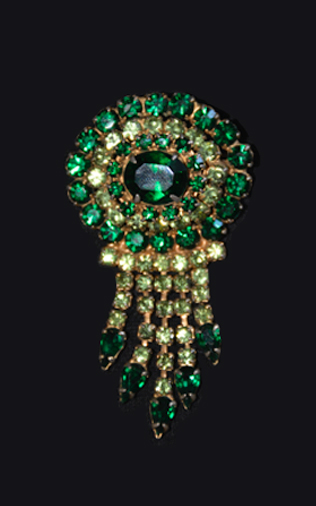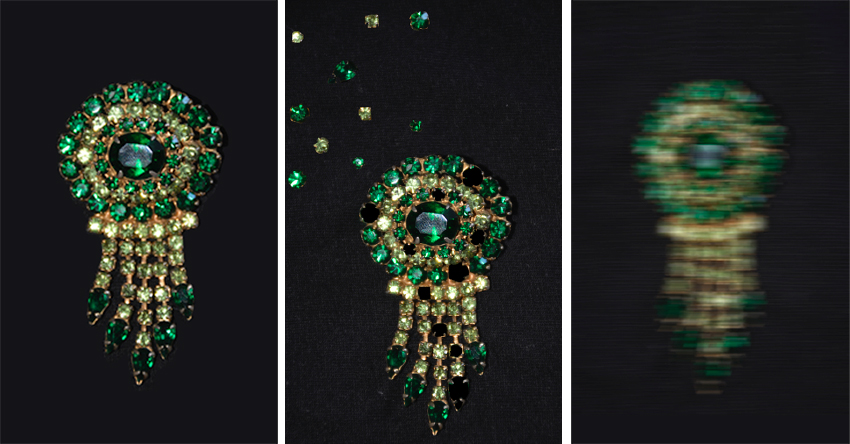~ Lily Anagnostopoulou at Round Table: Trauma, Embodiment and Self-Regulation
My preferred definition of embodiment is becoming an integrated part of a body, a bigger whole. As I was pondering on this I came across a definition of Cosmos. Cosmos means jewel, emphasising the quality of harmony. (Picture 1)

I think this is important because when we deal with serious things that disrupt the wholeness of a person or a society, we are safer if our concepts are supported by universal laws. The universal law of harmony, to me, is expressed through the concept of embodiment in its sense of becoming whole, becoming an integrated part of a body. So this is my basic position, my starting point for examining trauma, both on an individual level and a societal level. (Pictures 2 & 3)

In Greece in the recent years we had to face trauma on both these levels if we didn’t want, as psychotherapists, to dissociate from what was and still is happening to the world around us. We could not any more stay only in our little therapy rooms trying to help people.
In these pictures disembodiment is represented. Pieces are missing and our effort is to bring them back. Or things are totally in haze as we have to bring them in focus.
Without diminishing in any way the work we have to do with the bodies of our clients, cathartic or regulatory for the nervous system, applying all these techniques that we have available today, I like to reach a point with people, after we have done the body work, where they can find a very simple sentence that is in some way connected to universal laws.
Let me give an example. A client with a deep wound from the time of a sibling’s birth feels betrayed by the mother. She contacts and expresses in our work feelings of fear, desperation, sadness, anger. Of course there are also ‘decisions’ that any person makes under such circumstances so that this will not happen again. And we have to work through them in our therapeutic treatment. But beyond all these there is a level, a state of being that I find very important to reach. So that this person can articulate this simple sentence. As Marianne Bentzen said, in early life we cannot have the possibility of reflection on what is happening. But on an organismic level there is a statement about ourselves on how we relate to the traumatic even which awaits to be brought into words. This statement is like a wish that we would rather not go through the trauma, like an invitation to stay in a condition of wholeness, harmony, integration. This statement in the above mentioned case was ‘I don’t want to be replaced by another child, I cannot replace you as a mother’. This is a statement before the reaction to the traumatic event. The reaction is ‘I hate you’, ‘I am lonely’, ‘I am desperate’, etc. But can only be formulated after the reaction is being worked through.
This type of statements I like to see as arising not from the first three levels (Picture 4) where most therapists do our work, but from what we call the inner core or the essence of a person. It is in the essence layer that we have this deep desire for the universal laws to be expressed in our lives.

Now I want to make a connection to the societal crisis. I believe that the same laws that apply to the treatment of individual trauma apply also to collective trauma – as we live now in Greece. We had an experience of the banks closing suddenly and we were in the middle of a workshop doing rebirthing. It was amazing for all of us who went through this that we could not be bothered in that moment about not having any money. Because we were in touch with real needs. And real needs are not covered by money, of course. Money is a symbol, a representation of a value. It is just so that we live in a society where this representation of a value is not a representation any more and it has become a value or even the highest value. So when you come into crisis situations like this suddenly you realize that life does not depend on money. Life depends on energy. It is just that we organized it in a way that life depends on money. But if we have organized it in this way then maybe we can also disorganize it. And find another way to organize life according to the real needs.

Picture 5 represents the totality of a society. How we can look at a culture or at the things around us. I didn’t choose a completely harmonious picture for this because we can never have a full view of what is going on. Pictures 6 and 7 represent disembodied societies – similar to trauma disembodiment of an individual (pictures 2 and 3). Of course in trying to heal societal trauma we cannot change everything. But we can do little things in the direction of a kind similar to what I described above for individual trauma. Which would be the core sentence of our recent situation in Greece? I suggest ‘money is not the read need’, ‘life depends on energy’. We have to find the sources of energy and connect in their way to real needs. This we tried to do by coming together and forming a group, in the context of Biosynthesis – Greece, where we try to see ‘so life does not depend on money’, where shall we find the resources so that we will be able to live – in case of an even bigger crisis – when money will not be available.

Lily Anagnostopoulou, Ph. D., Psychologist-Psychotherapist. Biosynthesis International trainer. Director of the Greek Biosynthesis Center.
Lily has studied Biosynthesis with David and Sylvia Boadella, Bioenergetics with Alexander Lowen, Hypnosis with Ernest Rossi, Youngian Dream analysis with Winnifred Rushford.


